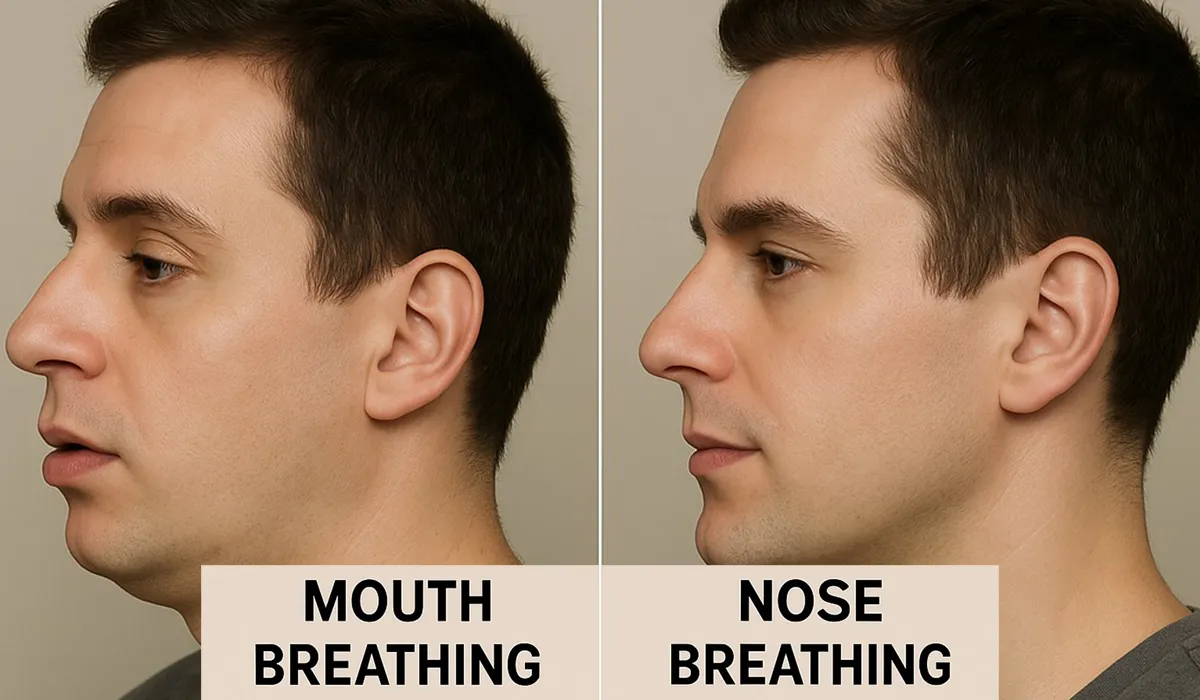Taking care of your teeth and gums is critical for both a good smile and general health. While daily brushing, flossing, and regular dental cleanings are important, there are instances when your mouth may indicate that something needs immediate care from a professional. Ignoring these warning signs might result in major complications such as tooth decay, gum disease, and even tooth loss.
Here are seven warning signals that your teeth and gums require professional dental attention.
1. Persistent Toothache
A toothache is one of the most evident indicators of a problem with your teeth. Minor sensitivity can occur on occasion, but persistent or severe tooth pain frequently indicates more significant problems such as cavities, infections, or an abscessed tooth. Ignoring this pain might exacerbate the problem, necessitating root canal therapy or perhaps tooth extraction. If the persistent sensation persists for more than a day or two, it's time to contact a qualified periodontist for an evaluation and toothache treatment.
2. Bleeding or Swollen Gums
Gums that bleed when brushing or flossing may be an early indicator of gingivitis, the mildest form of gum disease. If left untreated, gingivitis can advance to periodontitis, a more serious gum infection that damages soft tissue and destroys the bone that supports your teeth. Other indicators of gum disease include swollen, red, or sensitive gums. A professional teeth cleaning and prompt treatment can help to alleviate these symptoms and preserve your gums and teeth from additional harm. If gum disease treatment is necessary, we can discuss the next steps, such as scaling and root planing or laser treatments.
3. Bad Breath That Won’t Go Away
Chronic bad breath, or halitosis, is not only embarrassing, but it can also indicate poor oral health. Bad breath that persists after frequent brushing, flossing, and mouthwashing could signal an underlying problem such as gum disease, tooth decay, or an infection. Bacteria accumulation in the mouth is frequently the culprit, and a cleaning or additional treatment for foul breath may be required to resolve the issue.
4. Tooth Sensitivity
If you experience pain when eating or drinking hot, cold, or sweet foods, you may have dental sensitivity. Tooth sensitivity can be caused by a variety of conditions, including enamel degradation, gum recession, or cavities. While over-the-counter remedies for sensitive teeth, such as toothpaste, can provide immediate relief, persistent sensitivity should be evaluated by a dentist. The sooner the problem is discovered, the easier it is to prevent additional enamel loss or gum damage.
5. Loose or Shifting Teeth
Teeth that feel loose or appear to be changing in their position indicate major underlying issues. This condition is frequently linked to advanced gum disease, which affects the bones and tissues that support the teeth. Trauma or damage can also cause teeth to loosen. Ignoring loose teeth might result in tooth loss and necessitate corrective treatments such as dental implants or bridges. If you observe any movement or changes in your teeth's alignment, call your dentist right away.
6. Receding Gums
Receding gums occur when the gum tissue that surrounds the teeth pulls back, revealing more of the tooth or its root. This condition is frequently accompanied by tooth discomfort and may indicate gum disease or vigorous brushing. Receding gums make your teeth more vulnerable to damage and infection. Your dentist can assist in controlling the issue, preventing additional recession, and recommending treatments like scaling and root planing or gum grafting.
7. White Spots or Discoloration on Teeth
White patches or discolored areas on your teeth may be an early sign of dental decay. These spots can be caused by plaque buildup or demineralization, particularly if you have an irregular oral hygiene practice. If left uncorrected, these spots will eventually develop into cavities. Visiting a professional at the earliest indication of discolouration will help you avoid additional deterioration and preserve the strength of your enamel.
Reach Out to a Dentist
When something is amiss with your teeth or gums, they frequently offer you early warning signs. Pay attention to these signs since tuning into your body can help you avoid more serious tooth problems in the future.






